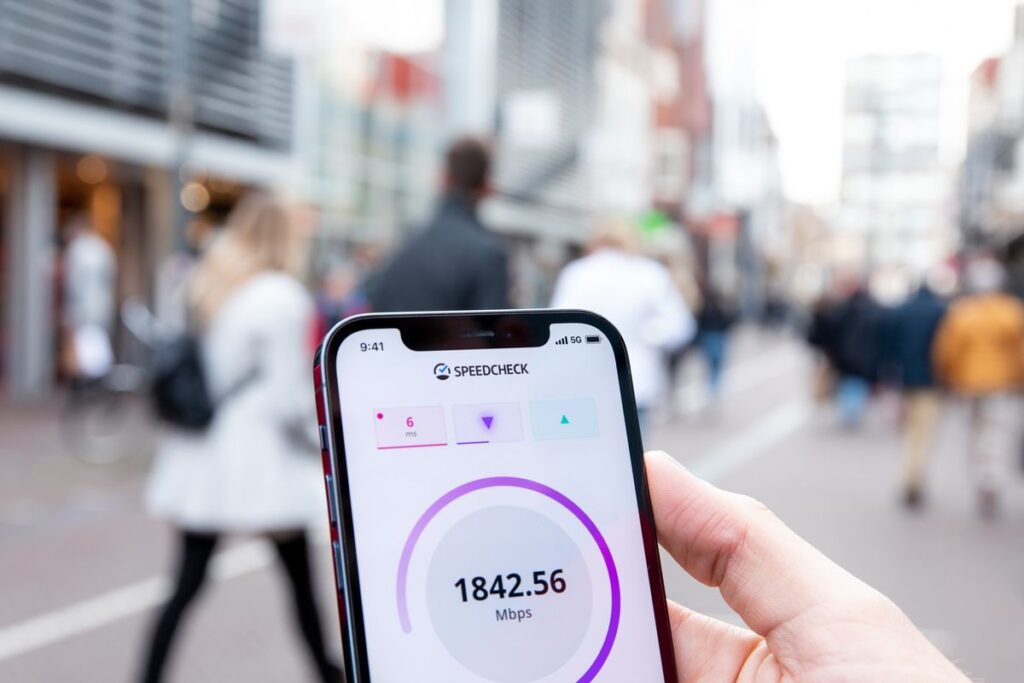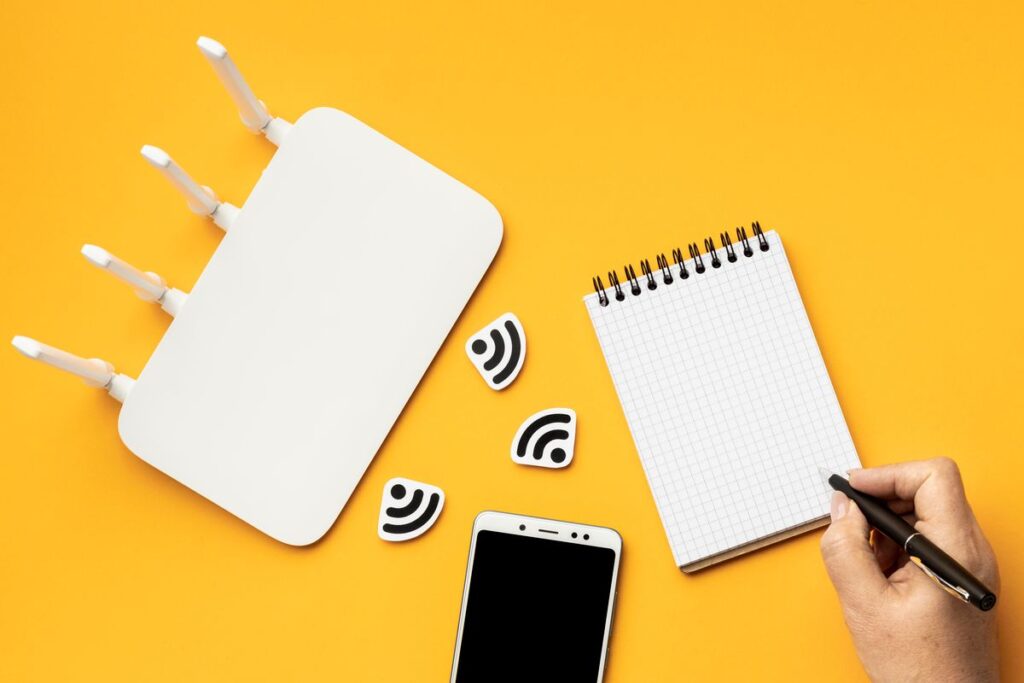Data plans are an inevitable part of life, but who knew what the best data plan would be for you? Data limits have become a big thing, and with the rise in popularity of streaming services like Netflix, YouTube, and Hulu, people are finding that they need more data. Find out in this article how to figure out what plan is right for you!
Is A Data Limit Right For You?
We all know that data limits exist. We see them advertised everywhere, from our mobile phone plans to our social media accounts. But what are data limits and are they really necessary?
A data limit is simply a set amount of data that you are allowed to use within a certain period of time. For example, your mobile phone plan may have a data limit of 2GB per month. This means that you can use up to 2GB of data each month without incurring any additional charges.
There are pros and cons to having a data limit. On the one hand, it can help you stay within your budget by preventing you from using more data than you can afford. On the other hand, it can be frustrating if you go over your limit and have to pay extra fees.
So, what’s the right decision for you? It really depends on your individual needs and usage habits. If you find that you often go over your data limit, then a plan with no data limits may be a better option for you. However, if you are able to stay within your data limit most of the time, then a plan with a data limit may be the way to go.
Prepaid: The Basic Plan
If you are looking for a no-contract cell phone plan that offers a cheap way to stay connected, a prepaid plan might be the right choice for you. Prepaid plans have become increasingly popular in recent years as more and more people look for ways to save money on their cell phone bills.
With a prepaid plan, you pay for your service upfront and there is no long-term commitment. This can be a great option if you only need occasional access to cell phone service or if you want to avoid a monthly bill.
One of the main advantages of prepaid plans is that they are often much cheaper than traditional postpaid plans. This is because you are not paying for any extra features or services that you may not use. Instead, you are only paying for the minutes, texts, and data that you actually use.
However, there are some downsides to prepaid plans that you should be aware of before making a decision. One of the biggest disadvantages is that most prepaid plans have very limited data allotments. This can be a problem if you are someone who uses a lot of data or if you need to be able to stay connected while traveling.
Another downside of prepaid plans is that they often do
Unlimited Plans: How Much Data Do You Need?
If you’re like most people, you probably use your phone for a variety of activities that require data. From streaming music and videos to browsing the web and checking email, it’s easy to go through a lot of data each month. And if you have a limited data plan, that can mean paying overage fees or dealing with slower speeds.
So how much data do you really need? It depends on your usage, but here are some general guidelines.
Streaming Music: If you stream music regularly, you’ll use about 2GB of data per month.
Streaming Video: If you stream a standard definition video, you’ll use about 3GB of data per month. If you stream high-definition video, you’ll use about 7GB of data per month.
Browsing the Web: If you spend a lot of time browsing the web, you’ll use about 1GB of data per month.
Email and Messaging: Sending and receiving emails and messages doesn’t use much data. You’ll only use about 1MB of data per month for this activity.
If you’re not sure how much data you need, consider an unlimited plan. With an unlimited plan, you won’t
Unlimited plans: What does my data include?
If you’re on an unlimited data plan, your data includes everything that you do online. That means web browsing, email, social media, online gaming, and streaming video and music. Basically, if it requires an internet connection, it’s probably included in your data plan.
Some service providers may throttle your speeds after you hit a certain amount of data usage, but with an unlimited plan, you don’t have to worry about exceeding your limit.
If you’re not sure whether an unlimited data plan is right for you, consider how much data you use on a daily basis. If you find yourself regularly exceeding your data limits, or if you stream a lot of video and music, an unlimited plan may be a good option.
Unlimited Plans: How much will I pay for data?
Data plans these days come with a wide variety of options, and one of the most popular is the “unlimited” data plan. But are these plans really right for you?
The biggest selling point of an unlimited data plan is, well, that it’s unlimited. You can use as much data as you want, and you’ll never have to worry about overage fees. That’s great if you’re a heavy data user, but it’s also important to consider the other aspects of an unlimited plan before making the switch.
For one, unlimited plans tend to be more expensive than plans with data limits. That’s because the carrier is taking on more risk by offering unlimited data. So if you’re not a heavy data user, you might be paying more than you need to with an unlimited plan.
Another thing to consider is that most unlimited plans have what’s called a “soft cap.” That means that while you technically have unlimited data, your speeds may be slowed down after you hit a certain threshold. So if you’re someone who needs high-speed data for things like streaming video or gaming, an unlimited plan might not be the best option.
Unlimited Plans: How fast is the speed of my internet?
If you’re like most people, you’ve probably wondered at some point how fast your internet connection is. After all, if you’re paying for unlimited data, you should be able to download and upload as much as you want, right? Well, not necessarily.
There are a few things that can affect your internet speed, including the type of plan you have, your equipment, and even the time of day. So if you’re wondering how fast your internet connection really is, here’s what you need to know.
First, it’s important to understand that there are two types of unlimited data plans: Unlimited Data Plans with Throttling and Unlimited Data Plans without Throttling. Throttling is when your ISP (internet service provider) slows down your connection after you’ve used a certain amount of data. So if you have an unlimited data plan with throttling, your speeds will slow down after you hit your data limit.
On the other hand, an unlimited data plan without throttling means that your speeds will never slow down no matter how much data you use. So if you’re looking for the fastest possible speeds, an unlimited data plan without throttling is the way to go.
Unlimited Plans: Who should get it and how to switch if I have an unlimited plan already.
If you’re like most people, you probably have a data plan that allows you to use a certain amount of data each month. But what if you could have an unlimited data plan? Would it be right for you?
There are a few things to consider before you make the switch to an unlimited data plan. First, think about how much data you actually use each month. If you find that you’re always going over your limit, then an unlimited plan might be a good option for you.
Another thing to consider is the cost of an unlimited plan. They can be more expensive than traditional plans, so you’ll want to make sure that it’s something you can afford.
If you decide that an unlimited data plan is right for you, the next step is to find out if your carrier offers one. Most major carriers do offer unlimited plans, so chances are good that you’ll be able to find one that works for you.
Once you’ve found an unlimited data plan that works for you, the final step is to switch your service. This can usually be done online or by calling customer service. Once you’ve made the switch, enjoy your newfound freedom!
Conclusion
There is no one-size-fits-all answer to the question of whether data limits are right for you. The key is to understand your own usage patterns and make an informed decision based on that information. If you find that you frequently exceed your data limit, it may be worth paying a little more each month for a higher limit. On the other hand, if you rarely use more than a few gigabytes of data per month, a lower limit may be just fine. Ultimately, the best way to know for sure is to experiment and see what works best for you. Our recommended dedicated server will protect your website from cyberattacks.



